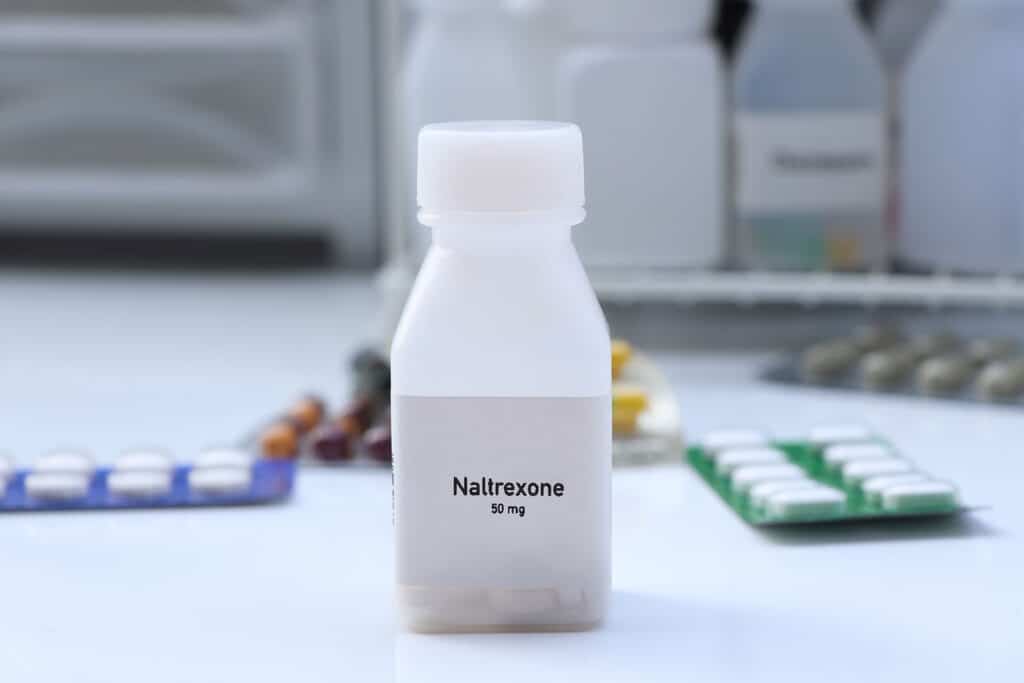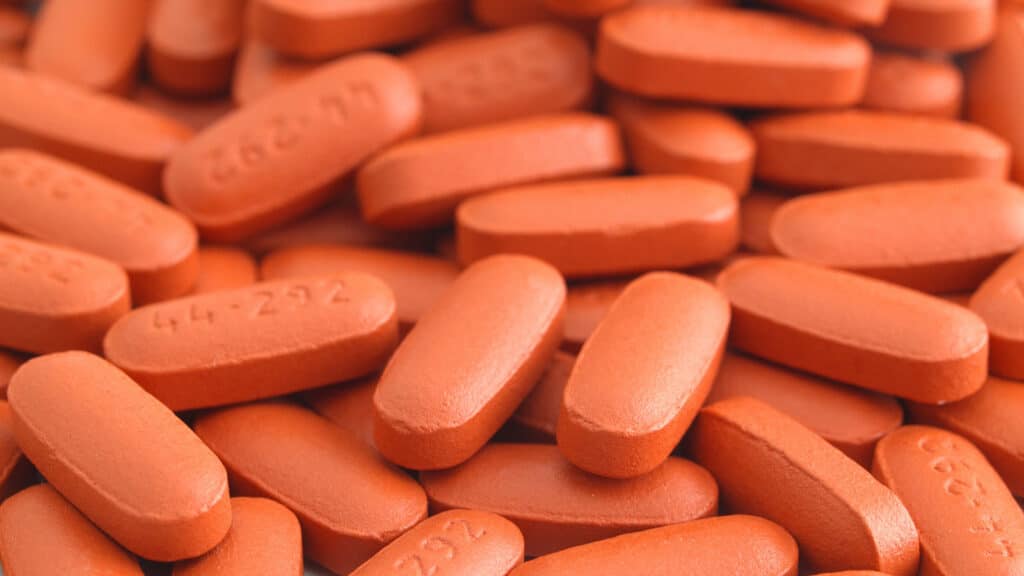Chest pain is no joke. It’s one of the scariest symptoms you might get. Unfortunately, plenty of conditions related to alcohol consumption can lead to chest pain.
This varies greatly depending on the amount of alcohol consumed. Regular drinkers are more likely to develop chest pain, especially during alcohol withdrawal.
Learning more about the mechanism of alcohol-induced chest pain won’t only provide reassurance, but it might also be the reason you decide to kick the habit for good. So, keep reading to learn why you get chest pain after drinking.
Causes of Chest Pain After Drinking
Drinking alcohol can cause plenty of uncomfortable side effects. The most stressful of these effects has to be the chest tightness.
The underlying cause can be as simple as an upset stomach. Yet, if you suffer from alcohol use disorder, the substance might’ve done some serious damage to your system.
Here are all the possible reasons why you might suffer from chest pain after drinking:
1. Acid Reflux
Whether you’re a heavy drinker or engage in moderate drinking, acid reflux is one of the most common causes of chest pain after drinking alcohol. In turn, this causes heartburn, which feels like a burning sensation in the chest and upper abdomen.

There are many reasons for this condition. For starters, alcohol significantly irritates the stomach and esophageal lining. This causes overproduction of stomach acid, leading to vomiting.
Sometimes, though, vomiting doesn’t occur. Instead, you might suffer from gastroesophageal reflux disease (GERD). The stomach content will move up into the esophagus, without vomiting.
Moreover, alcohol use weakens the lower esophageal sphincter. This sphincter keeps the stomach content within. If it’s relaxed, even without overproduction of stomach acid, it’ll also result in acid reflux.
Unfortunately, this chest pain can occur for hours after your last drinking session. In particular, it’ll feel the worst during a hangover.
Additionally, if you’re in the process of quitting, acid reflux and stomach irritation are some of the withdrawal symptoms.
2. Panic Attack
Alcohol can significantly impact anxiety. So, your chest pain might actually be mediated by stress.
Panic attacks often accompany feelings of lightheadedness, shortness of breath, and clouded judgment. Your heart rate might also increase.
Since these symptoms are almost identical to other heart conditions, the best way to tell if you’re having a panic attack or heart problem is to notice other symptoms.
If you suffer from mental health issues such as anxiety or depression, chances are, alcohol might’ve exacerbated your condition.
Alcohol abuse can also cause long-term anxiety and frequent panic attacks. That’s because the body has gotten used to the relaxed state that happens when consuming alcohol.
Then, during a hangover or alcohol detox, people struggling with alcohol abuse experience plenty of anxiety as their baseline anxiety levels have increased.
As if that wasn’t enough, alcohol has a direct action on the nervous system. It alters the levels of serotonin in the body, as well as binds to neural GABA receptors. This brings about the relaxing and euphoric action of alcohol but can have a different effect on certain individuals, resulting in a panic attack.
3. Hypertension
Excessive drinking can significantly raise blood pressure to unhealthy levels. In turn, this might lead you to feel chest tightness, tingling in the hands and feet, and lightheadedness.
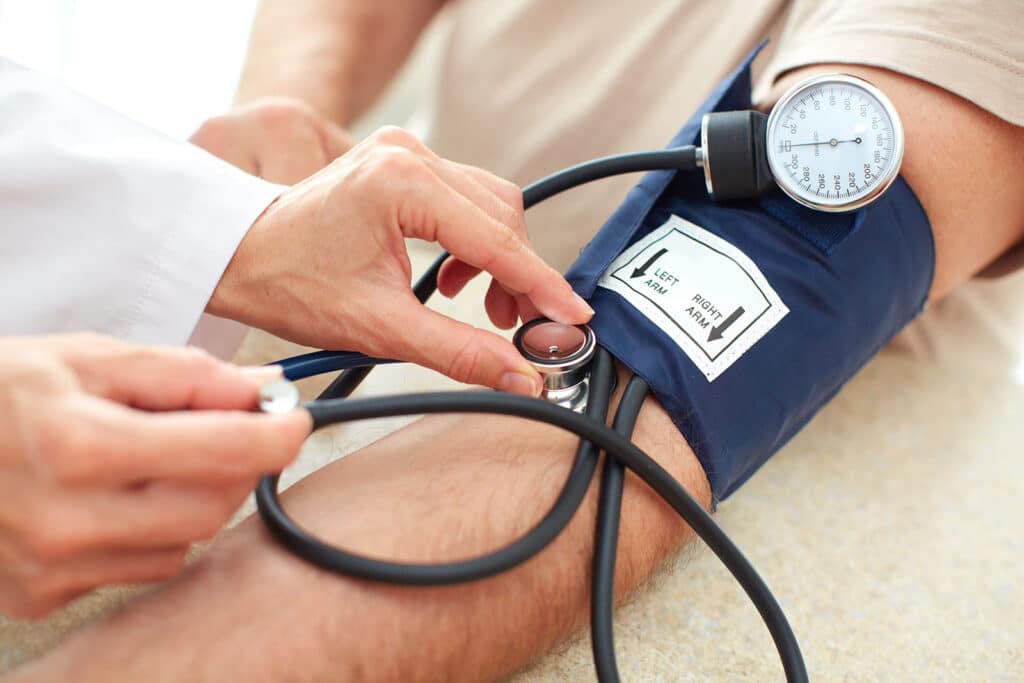
Alcohol impacts blood pressure in various ways. First, there’s the renin-angiotensin-aldosterone system. In simple terms, the activation of the system leads to high blood pressure through constriction of blood vessels and water retention.
Alcohol also raises vasopressin levels. As the name suggests, this hormone elevates blood pressure by vasoconstriction.
Then, there’s the stress hormone, cortisol, that’s secreted while consuming alcohol. Not only does this hormone cause anxiety, but it also helps the body retain more water.
These conditions are particularly more likely to occur in men rather than women. That said, alcohol can still cause chest pain and cardiomyopathy in women through other methods.
4. Arrhythmia
Drinking alcohol is associated with irregular heartbeat. The same physiological effect of hypertension can mediate this. Still, alcohol can directly impact the heart.
Most commonly, cardiologists refer to atrial fibrillation due to alcohol as “Holiday Heart syndrome,” as it’s observed heavily by binge drinkers during the holidays.
In this situation, the upper chambers of the heart contract rapidly and weakly. These heart palpitations are serious and require urgent medical attention.
Chest pain might also result from electrolyte imbalance. Electrolytes are crucial for maintaining the normal contractility of the heart. After heavy alcohol consumption, there’s often a deficit in magnesium, phosphate, calcium, and potassium. This is also significantly exacerbated if vomiting occurs.
5. Coronary Artery Disease
Long-term alcohol intake can lead to irreversible heart disease. With repeated arrhythmia and hypertensive episodes, alcohol will result in the weakening of the heart muscle. Healthcare professionals call this alcoholic cardiomyopathy.
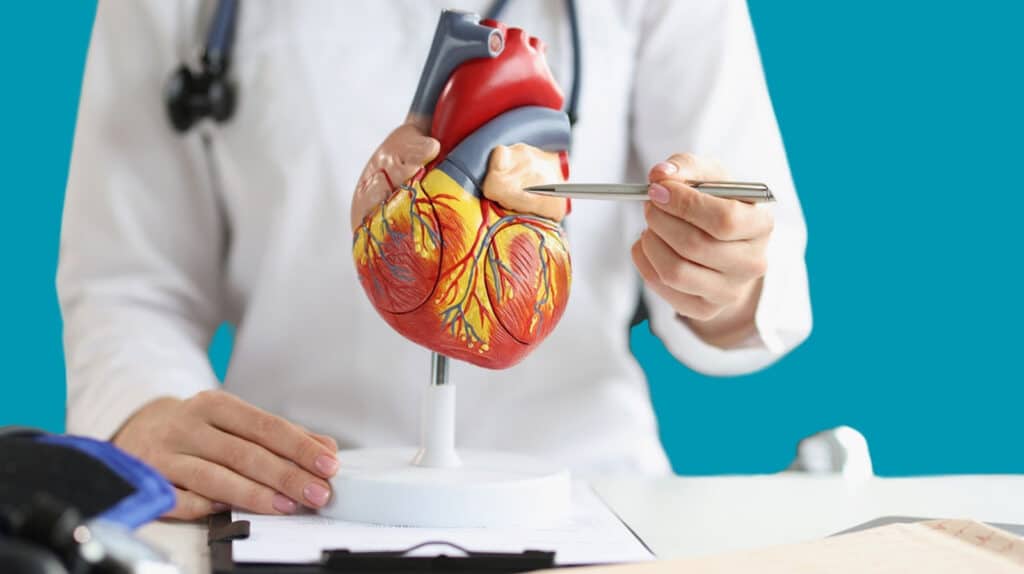
When the heart is in this compromised state, it can’t efficiently pump blood. Not only does this result in chest pain, but it might also cause organ damage.
According to the American Heart Association, heavy drinking is correlated with atherosclerosis. This is a condition where there’s fat buildup on the walls of the blood vessels, reducing blood flow.
This also affects the coronary artery, which supplies the heart with blood and oxygen. If there isn’t enough blood reaching the muscle, this might cause angina, heart attack, or stroke.
6. Pancreatitis
The effects of alcohol on the pancreas are intense. First, alcohol can directly damage the pancreatic cells through oxidative stress and inflammation.
Then, there’s the metabolism of alcohol. The liver is the organ responsible for alcohol metabolism into acetaldehyde and acetate. These byproducts are highly toxic to the pancreatic cells. They promote highly viscous pancreatic secretions, which can plug the ducts of the pancreas, causing severe inflammation and intolerable pain.
Typically, the pain is preceded by nausea and vomiting. While the pancreas is located in the abdomen, pancreatitis causes referred pain in the chest.
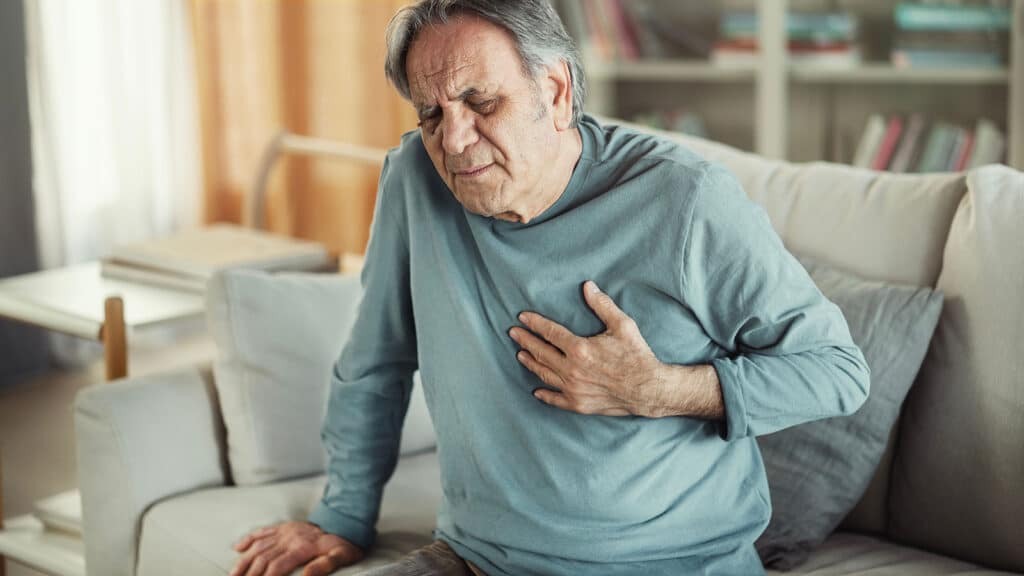
Managing Chest Pain From Alcohol Consumption
If you frequently experience chest pain after alcohol consumption, it’s best to consult with a cardiologist, especially if you suffer from binge drinking.
That’s because you might need to check up on the functions of your organs, as some underlying causes of chest pain can only be treated through specialized medical care.
After getting clearance from your cardiologist, you might still suffer from chest pain after drinking. In this case, these solutions might work for you:
Over-the-Counter Antacids
The simplest way to treat chest pain caused by heartburn is antacids. If you know you’ll be drinking heavily, make sure to pair your drink with some healthy food to reduce stomach irritation and the overproduction of acid. Then, cure your hangover with an antacid.
Relaxation
It’s common to find yourself stressed after drinking. To lessen your anxiety and keep panic attacks at bay, make sure you’re drinking in a safe environment. Try some relaxing meditation techniques. If you feel a panic attack about to occur, it’s best to stop drinking and stay hydrated.
Alcohol Addiction Treatment
Prevention is the best treatment. So, if you want to manage chest pain, the answer is to drink in moderation.
We understand that this is easier said than done, though. For this reason, it’s best to get the right support from professionals if you can’t manage your alcohol consumption. This is a sure way to prevent heart disease and complications from alcohol.

To Conclude
The most common reason why you might experience chest pain after drinking is acid reflux. Some people might also mistake a panic attack for physiological chest pain, while others might develop serious heart issues due to persistent alcohol consumption.
While some chest pain will resolve itself after the alcohol is out of your system, other problems can be life-threatening. So, you must never take alcohol-related chest pain lightly.
If you or a loved one is struggling with alcohol cessation despite the negative health consequences, don’t hesitate to contact us for the right support.






